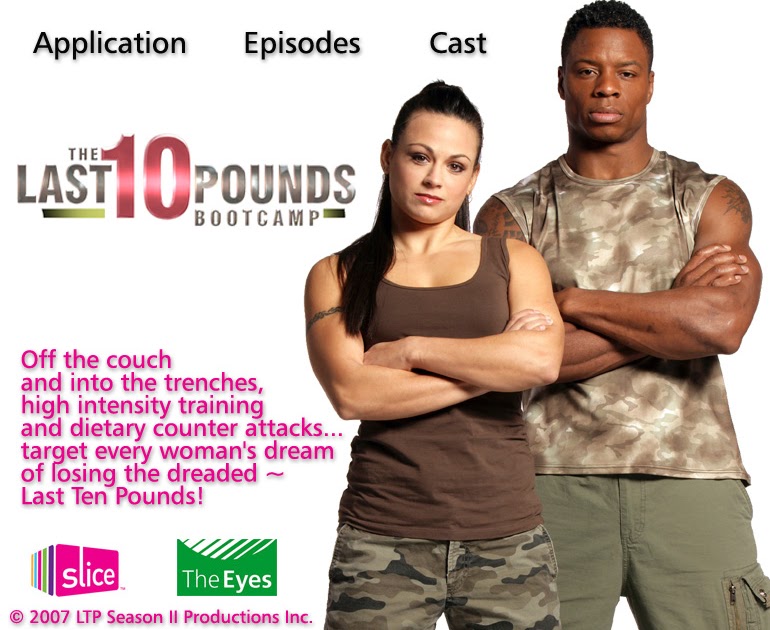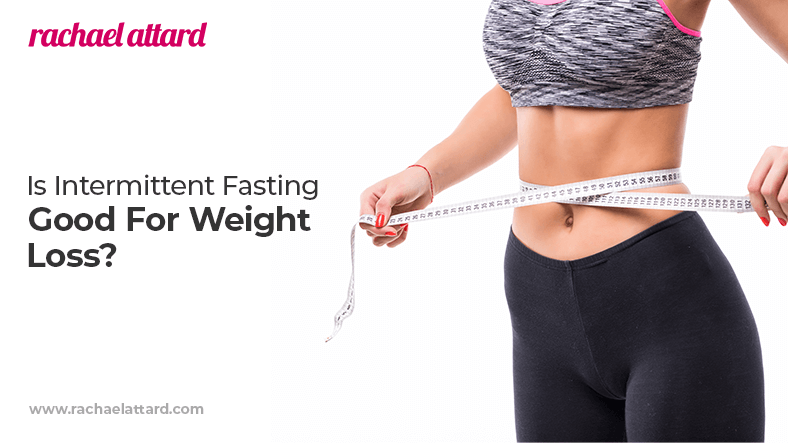
Before you start your walking for weight loss program, it is important to drink plenty of water. While walking, it is important to keep your posture correct. Also, you should keep your heart rate in a fat-burning zone. To keep track of your activity, you can use a fitness monitor.
Before you go on a walk, drink water
It doesn't matter if you walk to lose weight. You should stay hydrated throughout the day. But, drinking water before you walk is crucial to avoid dehydration. Drink two cups of water before you start your walk and then rehydrate with another glass once you are done. Avoid electrolyte drinks and sugary sodas if you plan to walk for long periods. Water is sufficient for moderate walks.
Even though it may seem counterintuitive at first, drinking water before going on a walk is crucial for your health. Drinking water before you go for a walk is important to ensure you are hydrated. It also helps prevent dehydration, which can lead to other health problems. Dehydration can reduce your physical performance as well as cause issues with your walking.

Walking with a good posture is important.
Proper posture is key to a better workout and burning calories. It helps avoid common injuries when walking. Walking, you should keep your shoulders relaxed and your back relaxed. Keep your eyes focused on the horizon while you are walking to ensure proper posture. This not only helps to maintain a good posture while walking, but it also helps to reduce stress in the neck and back.
It is more than just looking good. It is vital for your long-term well-being. Poor posture can cause injury, pain, and other health issues. There are two basic types of posture - static and dynamic.
Maintaining a steady heartbeat in the fat-burning area
The fat burning zone is the range where your heart rate hovers between 55 percent to 70% of your maximum. This zone is where your body is best able to burn fat, which is a better fuel source than carbs. Keep your heart rate at this level if you are looking to lose weight. You will burn more fat than what you eat.
Your heart rate should be in this zone when you're walking to lose weight. Research shows that a heart beat in this area can burn between seven and twelve calories per hour. Using a calculator, you can calculate your target heart rate and the amount of effort it takes to maintain it.

Using a fitness tracker to track your activity
The best way to track your physical activity and weight is with a fitness tracker. They are not a guarantee of weight loss but they can be used as a motivational tool. They can also be helpful in keeping track of your workouts and eating plans.
Your goals will dictate which fitness tracker to choose. If you want to lose some weight, you can use the tracker for a revamp of your workout routine. This will help you be more aware and motivate you to get out there every day. You can also combine your tracker and food journal using the right app. Not only will it help you save money, but you'll also be inspired to eat well.
FAQ
What can I eat while on intermittent fasting in order to lose weight?
The best way to lose weight is to cut out carbs. This means avoiding bread, pasta, rice and potatoes as well as other carbohydrate-based foods.
Protein will also keep you fuller for longer so try to limit how much you eat. So you won’t feel hungry as often.
Instead, focus on foods that contain healthy fats, such as olive oil, avocado, nuts, and seeds. These foods will keep you full for hours after you eat them.
It's vital that you get enough water. Water helps you stay hydrated, which makes it easier to burn fat.
Sometimes you may feel compelled to eat these foods even if you're not fasting. However, you don't have the right to succumb to these cravings. You could gain more weight than what you lose if you do.
You can avoid overeating by being mindful of how much water you consume each day. When hunger strikes, drink a glass of water instead of reaching for another snack.
This might sound counterintuitive, but it's actually been proven to help you slim down. A study published in Obesity found that participants ate fewer calories when they drank plain water than sugary drinks.
Plain water was also shown to reduce hunger. You can lose weight by avoiding sweetened drinks and sticking to water.
You don't have to eat every calorie or avoid certain foods if you are trying to lose weight. Instead, try to make small changes in your life.
One way to start is by substituting your typical breakfast sandwich with a bowl of oatmeal. You can also swap out your afternoon cookie for a piece fruit.
These easy swaps can add up and help you lose weight without spending hours in the kitchen.
How can busy people lose excess weight?
Losing weight is as easy as eating less and working out more.
You'll gain weight if you eat too many calories. You'll gain weight if you don't exercise enough. These two simple habits can help you start losing weight.
Is cardio a way to quickly lose weight?
Cardio exercises are great to burn calories but they won't necessarily help with weight loss. It all depends on how much weight you have and what type of exercise you do.
Cardio exercises may not be sufficient to lose weight if you are overweight.
These should be combined with diet and other forms of exercise.
Cardio exercises, such as running or jogging, can help you lose weight quickly. These exercises burn more calories than any other form of exercise.
Resistance training is necessary if you are looking to build muscle and not lose fat. Resistance training is done with no cost weights, machines, elastic bands, or other equipment.
For fast weight loss, combine cardio with resistance training.
To lose weight fast, you need a combination of both cardio and resistance training.
Does intermittent fasting affect my sleep?
Yes, intermittent fasting does affect your sleep. You may notice an increase in hunger hormones if you skip meals. You might wake up every night as a result.
Experts recommend skipping breakfast. Experts recommend having a light snack before going to bed.
You can still eat a small meal if you feel hungry after the snack.
Be careful not to overeat. You'll gain weight, not lose it.
How Much Weight Can You Lose in a Week?
The amount of weight that you can lose will depend on how high your body fat percentage is. The first thing to do is to calculate how much weight you want to lose and then find out what your BMI (Body Mass Index) is. Your BMI will tell you how much weight to lose. If your BMI is 25 or greater, you're overweight. If your BMI is more than 30, you are obese.
Your BMI is calculated at 28.7 if your weight is 200. This would mean that you'd have to lose about 70 pounds in order to reach a healthy weight. To see if you're overweight, visit www.healthyminds.com/bmi/.
Once you have your BMI, you are able to use this formula for calculating how many pounds each week you will lose.
(Your Goal Weight - Current Weight)/BMI * 7 Number Of Pounds Lost Per Week
For 50 pounds to be lost in one month, it would take 2 weeks of exercise. 56 days is equivalent to 7 pounds per day. That's 8.3 pounds per week.
You could also try this calculator from www.weightlosscalculator.net. It gives you a rough estimate of how many calories you should eat daily to lose 1 pound per week.
What foods are good for me to lose weight quickly?
It is possible to lose weight faster by eating fewer calories. Two ways to achieve this are:
-
Reduce the amount of calories that you consume each day.
-
You can burn more calories through exercise.
It is not easy to reduce the calories you consume. We are constantly being bombarded by calorie-dense fast food options every where we go. Here's a list to help you shed those extra kilos.
-
Beans are rich sources of fiber, protein, and other nutrients. They contain almost no fat, making them an ideal choice for dieters who want to reduce their caloric intake.
-
Oatmeal contains low calories and high amounts of nutrients like magnesium, potassium, and other nutrients. Oatmeal also contains less sugar that other cereals.
-
Eggs are high on cholesterol and protein. Eggs can be eaten once or twice per week to increase metabolism, which will help you burn more calories during the day.
-
Whole grain bread has been shown to reduce hunger pangs so that you may feel fuller longer.
-
Dark chocolate contains antioxidants and flavonoids that have been linked both to better cardiovascular health and lower blood pressure.
-
Cottage cheese is rich in calcium which aids in bone strength. Cottage cheese is also a good source for vitamin D which helps boost immunity.
-
Salmon is packed with omega-3 fatty acids, which promote brain development and improve cardiovascular function.
-
Green tea is full of catechins which are compounds that increase metabolism and fight cancer.
-
Broccoli, a rich source of folic acid, is great for lowering homocysteine levels. Homocysteine high levels are associated with increased heart disease risk and stroke.
-
Yogurt, which is low in sugar, is a great option to add probiotics to your diet. Probiotics are vital for good digestive health.
-
Berries can be a healthy snack choice that tastes great and is very nutritious. All fruits, including blackberries, blueberries, raspberries, raspberries, cranberries and strawberries, are rich in vitamins and minerals.
-
Avocados are packed with healthy fats. A half avocado has only 80 calories and offers plenty of filling fiber and potassium.
-
Nuts are a delicious snack option and a great source protein. There are many great options for nuts, including cashews and hazelnuts as well as walnuts, pecans, hazelnuts and hazelnuts.
-
Sweet potatoes are another starchy vegetable that's packed with beta carotene, which makes your skin glow. Orange sweet potatoes have a higher amount of beta carotene that regular sweet potatoes.
Statistics
- A 12-week study in 20 women with obesity found that walking for 50–70 minutes 3 times per week reduced body fat and waist circumference by an average of 1.5% and 1.1 inches (2.8 cm), respectively (healthline.com)
- According to Harvard Health, it's estimated that a 155-pound (70-kg) person burns roughly 112 calories per 30 minutes of weight training (5). (healthline.com)
- One 6-month study showed that simply doing 11 minutes of strength-based exercises 3 times per week resulted in a 7.4% increase in metabolic rate, on average. (healthline.com)
- According to Harvard Health, it's estimated that a 155-pound (70-kg) person burns around 167 calories per 30 minutes of walking at a moderate pace of 4 mph (6.4 km/h) (5). (healthline.com)
External Links
How To
How to lose weight fast
There are many methods to quickly lose weight. They are often ineffective and non-sustainable, however. Fast weight loss is possible through diet and exercise. Eat fewer calories daily than what you burn. This means you should eat less calories than your body burns during normal activities. You must decrease your calorie intake if you want to lose weight quickly.
You should avoid foods that contain large amounts of fat and sugar since they increase your appetite. Also, try to drink plenty of water every day. This will keep you hydrated as well as your metabolism humming along. You'll get results quicker than you ever imagined if you combine all three of these things.